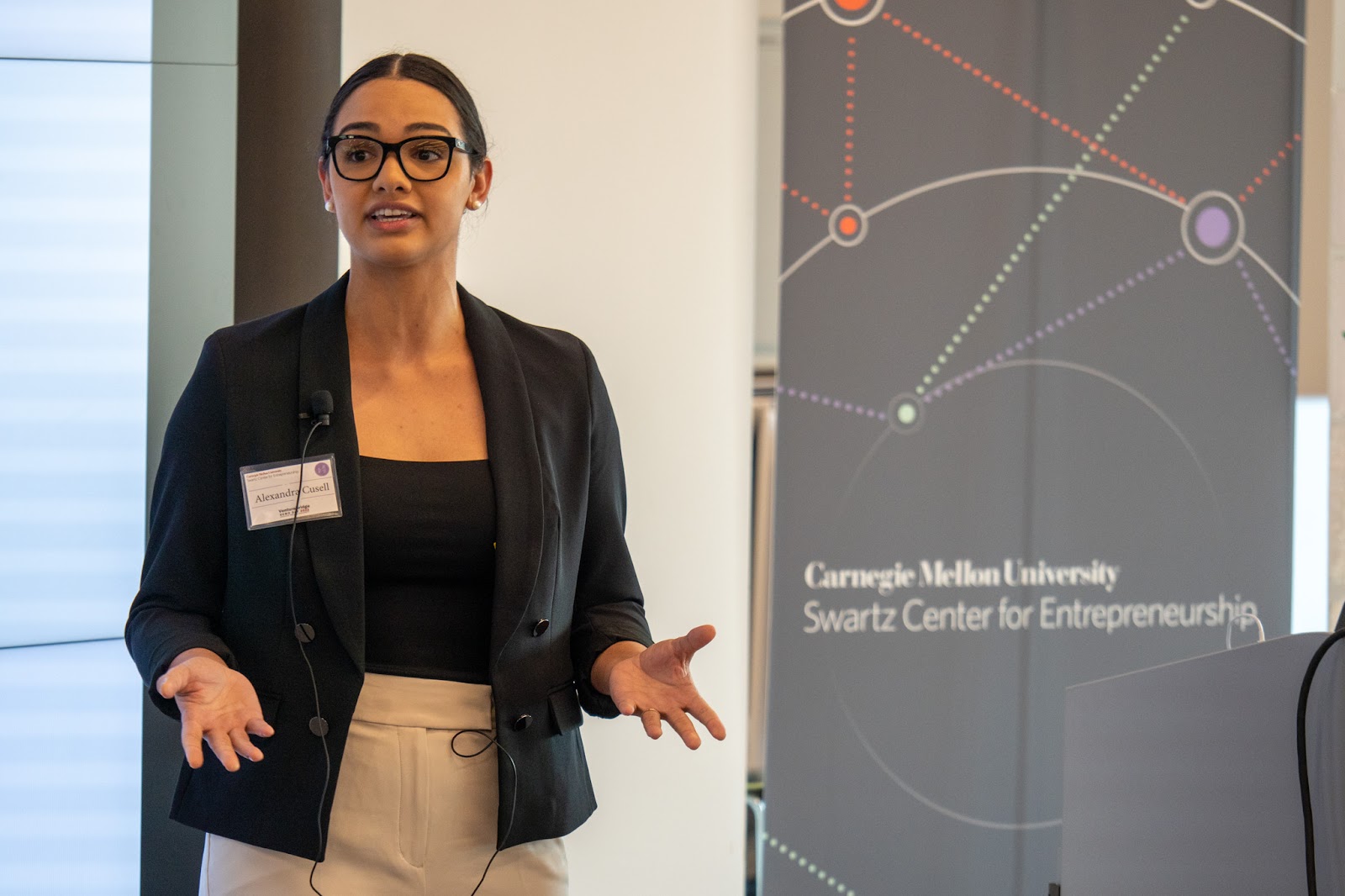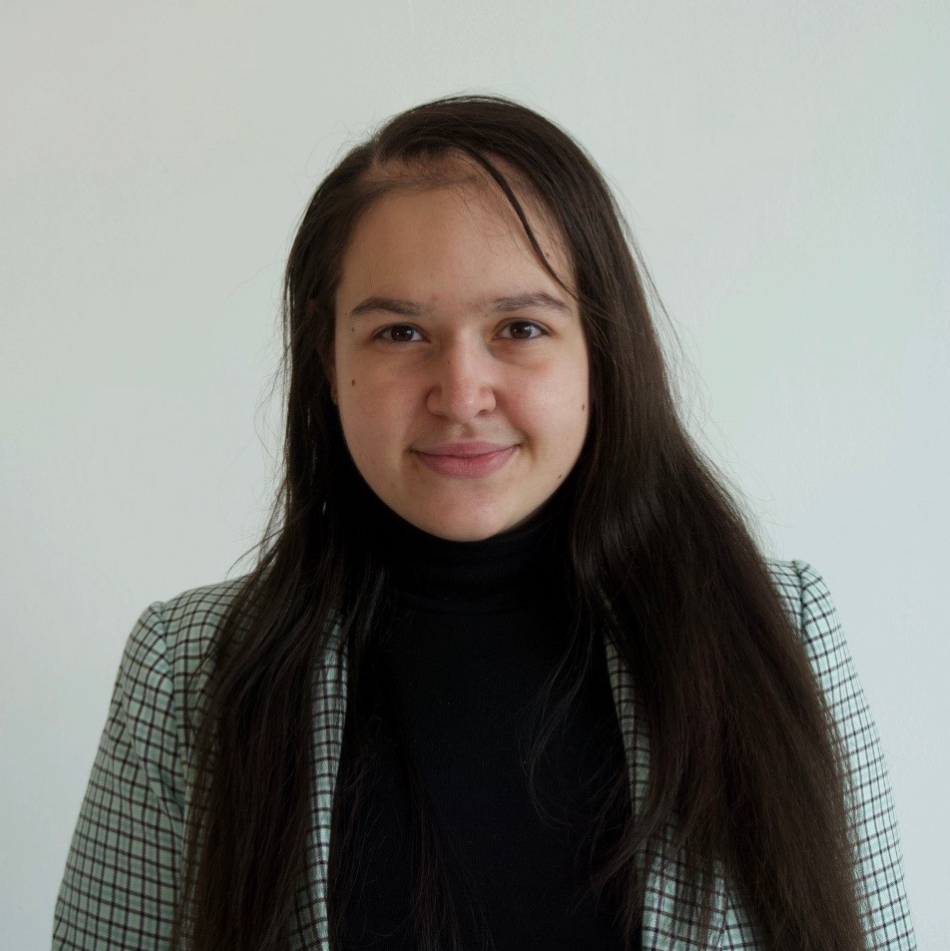
Developer Journey is a monthly series highlighting diverse and global developers sharing relatable challenges, opportunities, and wins in their journey. Every month, we will spotlight developers around the world, the Google tools they leverage, and the kind of products they are building.
This month we speak with global developers across Google Developer Experts, Google Developer Groups, and beyond to learn more about their favorite Google tools, the applications they’ve built to serve diverse communities and the role of inclusive design in their process.
Lamis Chebbi
 |
What Google tools have you used to build?
I use Lighthouse and Google PageSpeed Insights to audit my application's performance and check my accessibility score. I can learn a lot about my application users and measure their engagement through Google Analytics. I have also used: Angular, Angular Dev tools, Firebase, TensorFlow and some services through Google Cloud Platform.
Which tool has been your favorite to use? Why?
On a daily basis I use Angular to develop my web applications. It helped me develop web applications faster with less code, less debugging time, and high scalability. The Angular CLI automates a lot of tasks, including the upgrade process, which saves a lot of time.
Please share with us about something you’ve built in the past using Google tools.
I have built a lot of web apps and progressive web apps using Angular, Firebase and TensorFlow in various fields from insurance, to banking, retail and education.
What will you create with Google Bard?
I'm planning on creating a blog using Google Bard and to generate content in different languages and enable some search and updates for content.
What role does inclusive design play in your development process?
Accessibility is no longer an option today. It is as important as other development goals and should be automated in the development process using the right tools.
What advice would you give someone starting in their developer journey?
Here’s a few pieces of advice for other professionals:
- Invest in learning as much as you can and always practice the technologies you learn.
- Don't forget that practice makes perfect.
- Join developer communities and get a mentor; you will learn a lot and receive a lot of help.
- Try to keep up with new technologies and trends that will open new perspectives for you.
You’ll probably make some mistakes. Be willing to accept it and learn from it.
Amani Bisimwa
 |
What Google tools have you used to build?
I am using Angular and Firebase.
Which tool has been your favorite to use? Why?
Firebase is my favorite. I like how Firebase has simplified things by providing a Backend as Service. You no longer need to manage your own servers, worry about scalability, or other Backend complexities.
Please share with us about something you’ve built in the past using Google tools.
I have built some private ERP apps that help small local traders to manage their business (stock management, finance and hotels).
What will you create with Google Bard?
I always use Bard for guidance to document and test code. I hope to use it for more projects in the future.
What role does inclusive design play in your development process?
The role of a designer in the development process is so important to me. Not only does it allow me to arrange the elements well on the screen, but it also ensures that the application is accessible to users living with disabilities. The designer also knows how to choose colors, contrasts and hierarchy of different elements.
How do you prioritize accessibility alongside other development goals?
Accessibility is a priority for me when creating an app or product. I consider accessibility at every stage of the development process. I use a variety of tools and resources to ensure my apps are accessible to everyone, including people with visual impairments, hearing impairments, motor disabilities and cognitive disabilities.
What advice would you give someone starting in their developer journey?
My advice is: Choose your path and stick to it because there are several distractions from the trends of new technologies on social media especially on Twitter. Don't skip the steps; learn the fundamentals. It's important because even to improve a prompt with generative AI, you need to have a solid understanding in your field.
Enrique López Mañas
 |
What Google tools have you used to build?
Android Studio is my daily tool. I have used other tools or frameworks (like Firebase or TensorFlow) in the past as well. My choice of tool depends on the needs of the project I am currently engaged with.
Which tool has been your favorite to use? Why?
Android Studio is my absolute favorite, which is not a surprise for an Android Developer.
Please share with us about something you’ve built in the past using Google tools.
I have worked in many apps and frameworks in the past. The Deutsche Bahn (German Train) application, a Corona app for the Arab Emirates, the app for Alibaba couriers in Vietnam, and now the Google Maps library for Compose.
What will you create with Google Bard?
Bard and other tools like ChatGPT help me with the development of apps and software in general. I do feel they are not yet ready to significantly impact the development process. They still suffer from many inaccuracies and hallucinations.
How do you prioritize accessibility alongside other development goals?
Much less than I would actually like to. Often companies are on a budget and some important things tend to get deprioritized. As a developer (and consultant) my role is to advise them, and A11y is one of the main topics that tend to be underrated.
For instance, do you know that approximately 20% of the users in Switzerland have some form of disability, and can benefit from apps with accessibility integrated? I was really surprised when I heard this number, and I am fairly confident most people don't know about it. If there were more awareness, apps would benefit more from A11y practices.
What advice would you give someone starting in their developer journey?
For new developers: ask all the questions. Never leave a room with a doubt or a question and without an answer. Even more senior people do not have all the answers all the time, and the only way to know if they do is to ask questions. Do not feel embarrassed by raising your hand in a meeting. Ask all the questions you need. The quality of your life will be determined by the quality of your questions.
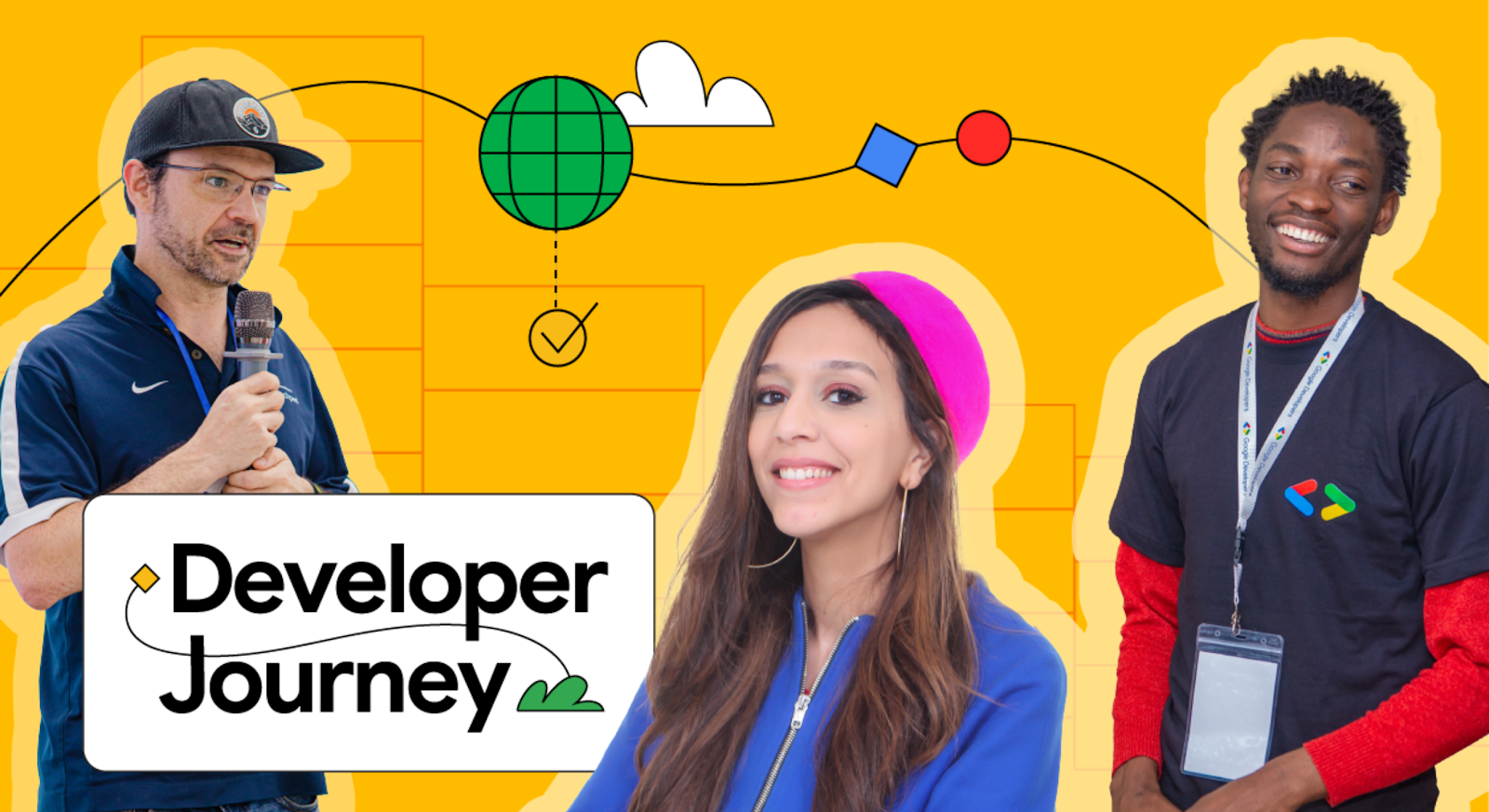 Posted by
Posted by  Posted by Kevin Hernandez, Developer Relations Community Manager
Posted by Kevin Hernandez, Developer Relations Community Manager

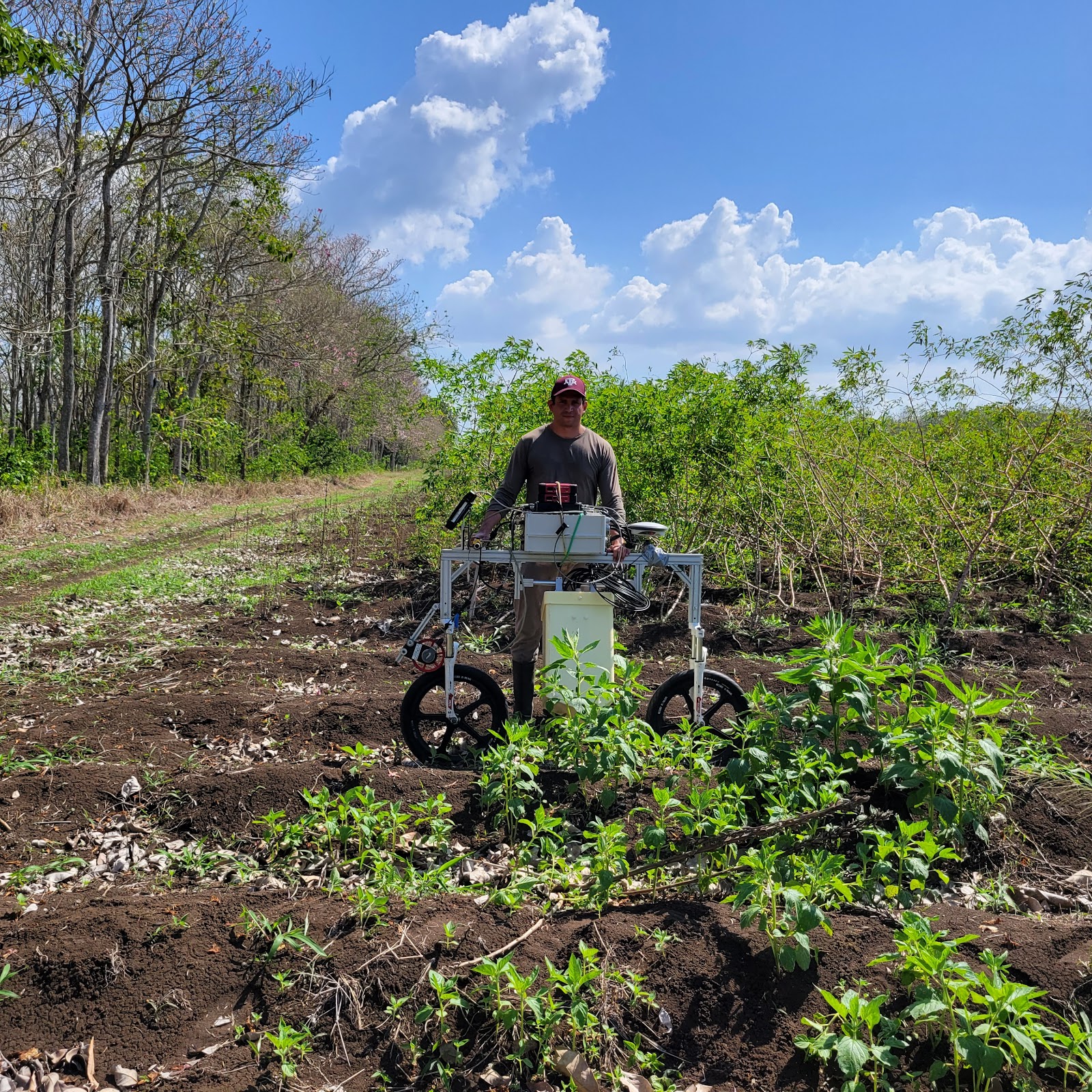

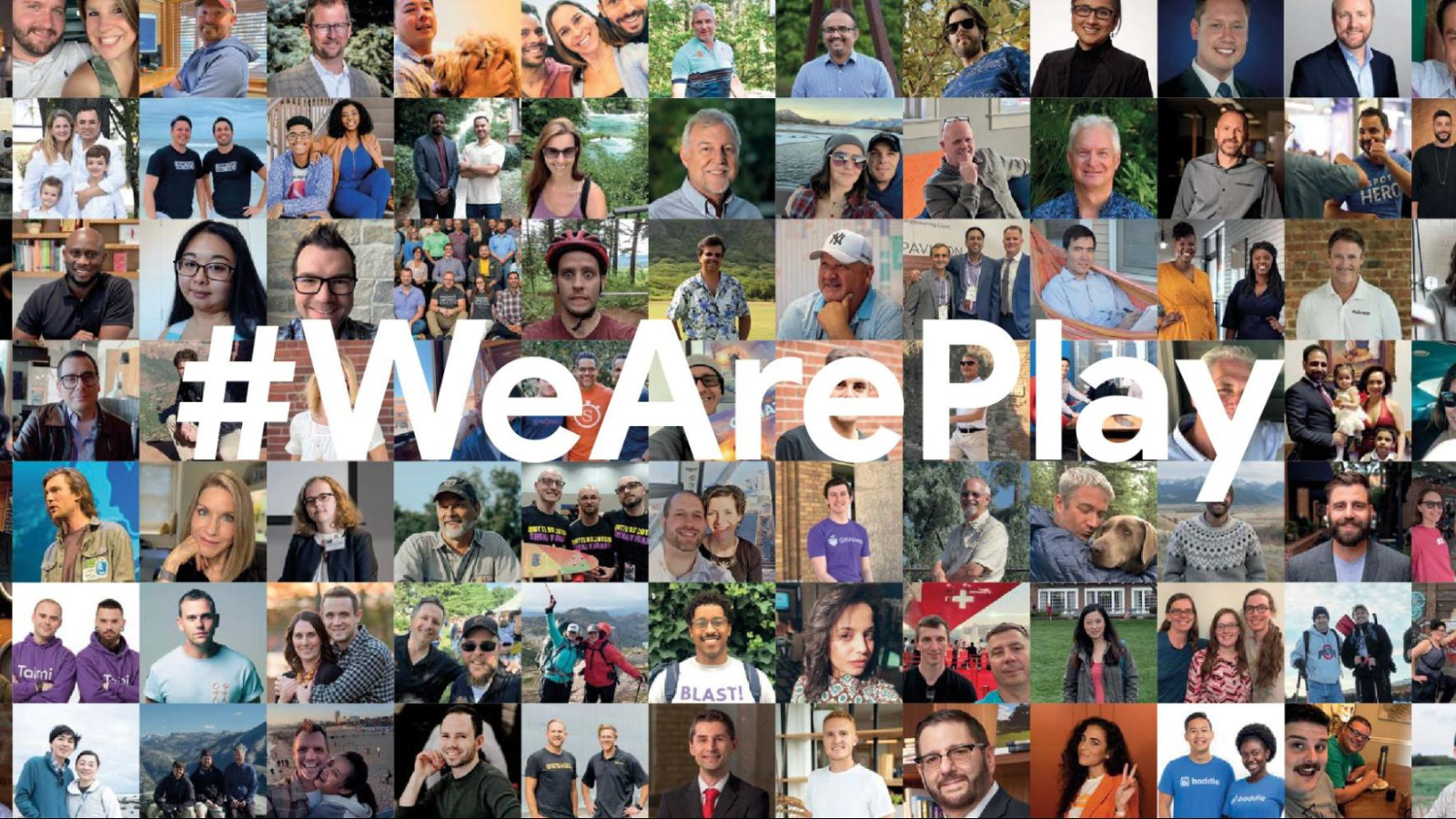 Posted by Leticia Lago, Developer Marketing
Posted by Leticia Lago, Developer Marketing





 Posted by Yariv Adan, Director of Cloud Conversational AI and Pati Jurek, Google for startups Accelerator Regional Lead
Posted by Yariv Adan, Director of Cloud Conversational AI and Pati Jurek, Google for startups Accelerator Regional Lead
 Posted by
Posted by 



 Posted by Rob Simpson, Product Manager - Google Play & Joe Davis, Manager - Google Play Academy
Posted by Rob Simpson, Product Manager - Google Play & Joe Davis, Manager - Google Play Academy





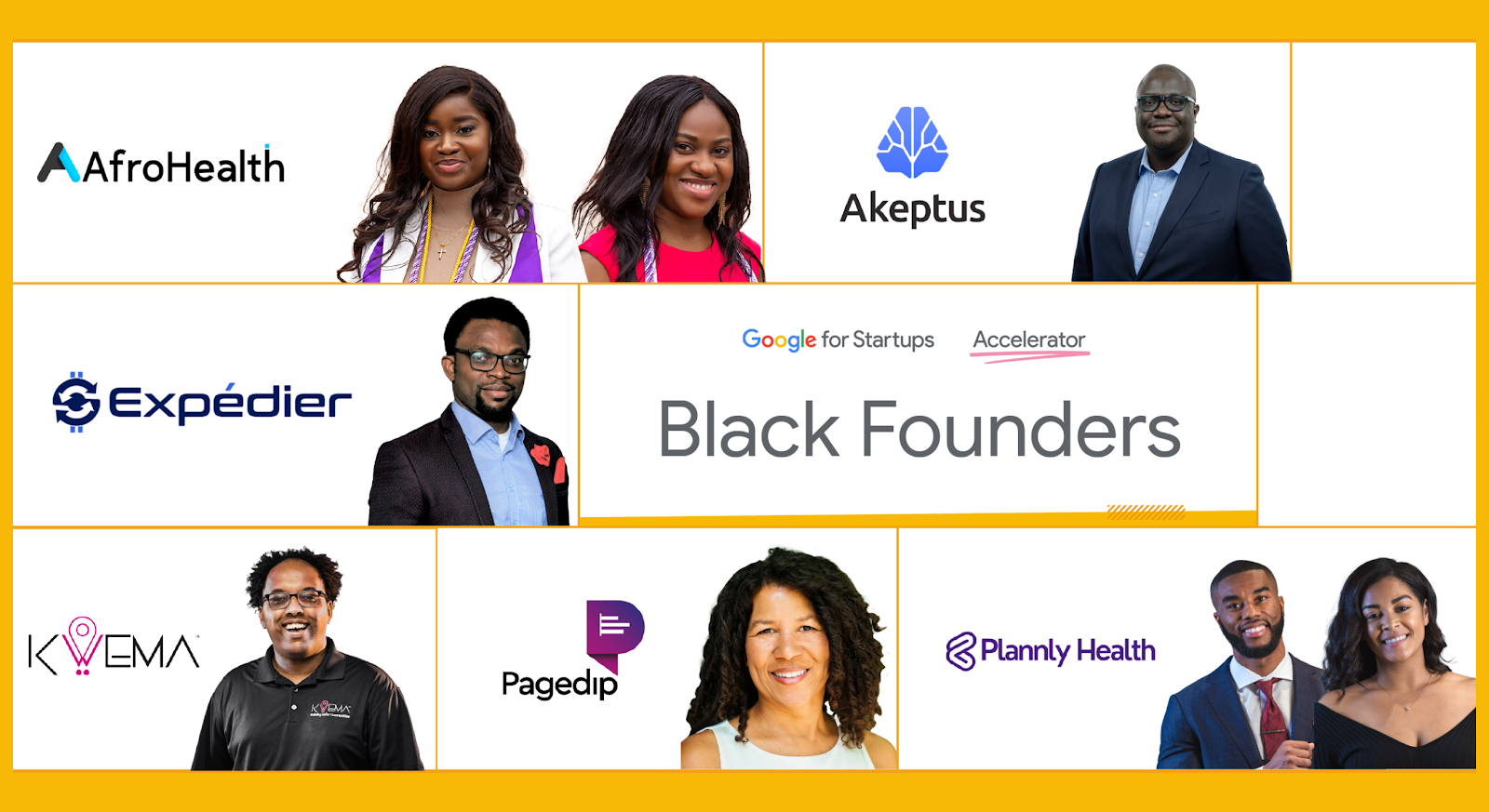 Posted by Lauren O’Neil, Startup Developer Ecosystem Lead, and Matt Ridenour, Head of US Startup Ecosystem
Posted by Lauren O’Neil, Startup Developer Ecosystem Lead, and Matt Ridenour, Head of US Startup Ecosystem

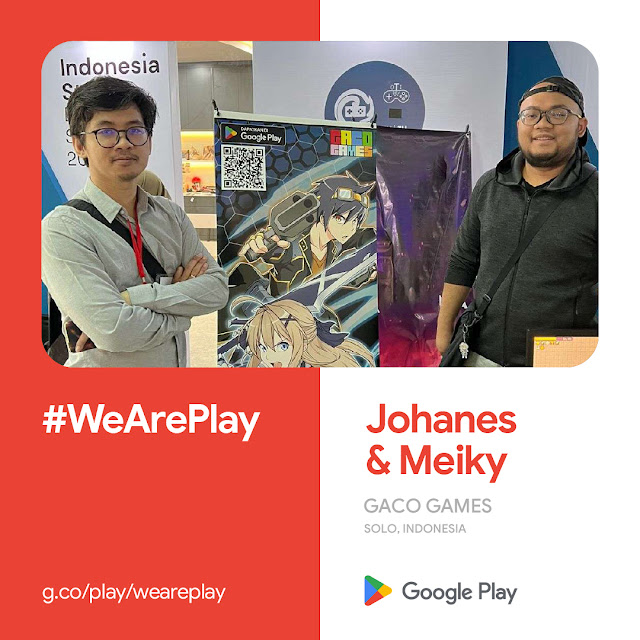
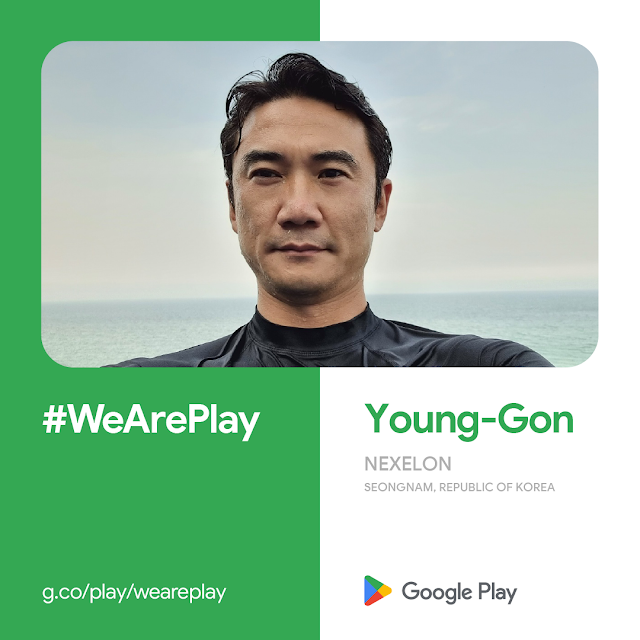
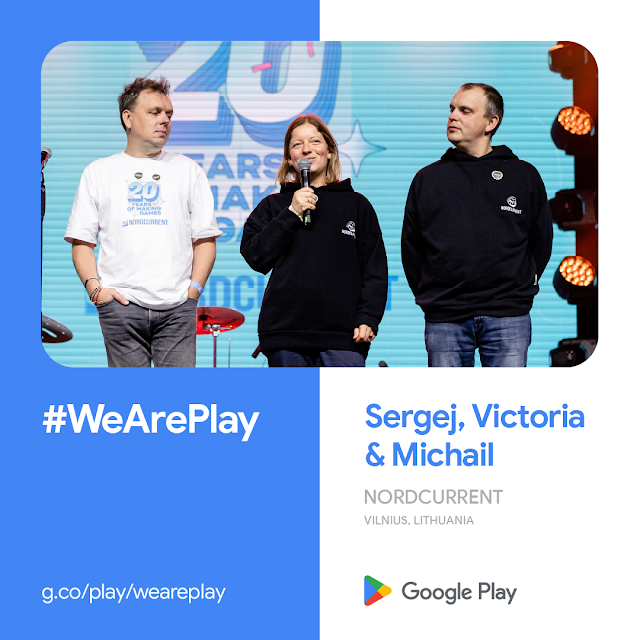



 Posted by Kübra Zengin, North America GDSC Regional Lead
Posted by Kübra Zengin, North America GDSC Regional Lead


